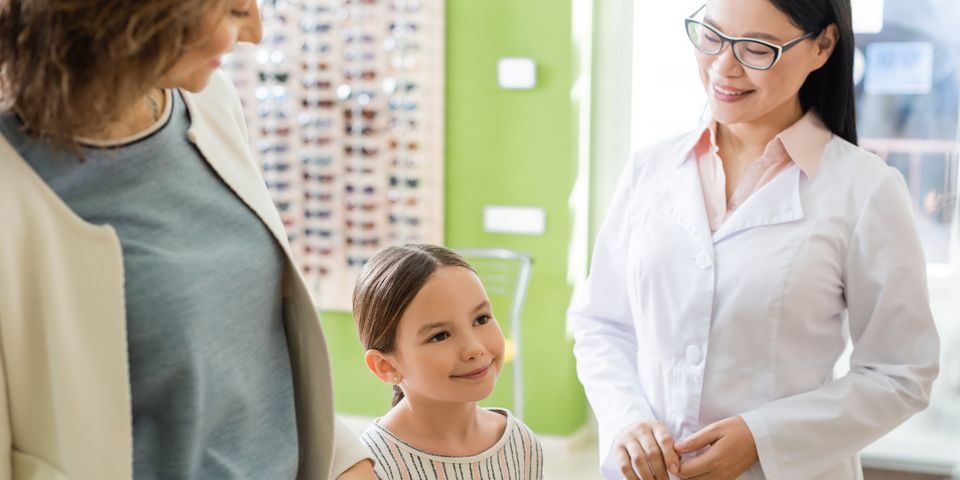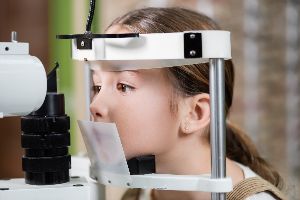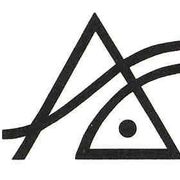
As a parent, you may be familiar with the many conditions which can affect your child’s eyesight, such as myopia and astigmatism. However, anisometropia, a condition in which the eyes have differing refractive power which may cause them to focus unevenly, is less common. Here's what you should know about this condition and how an eye doctor can help.
What Are the Types of Anisometropia?
There are three types of anisometropia—simple, compound, and mixed. Simple anisometropia occurs when only one eye has a refractive error, making it hyperopic or myopic, far- or short-sighted, respectively. Compound anisometropia is characterized by refractive errors in both eyes making them myopic, although one such error is more severe, resulting in one eye having blurrier vision than the other. Mixed anisometropia is when one eye is myopic and the other hyperopic.
What Are the Symptoms?

Some of the most noticeable symptoms of anisometropia are strabismus—crossed eyes—and amblyopia—lazy eye. When a child is unable to align both of their eyes, they may become crossed due to the lack of coordination. If the refractive power in one eye is lower, the brain may favor the stronger one, leading to the development of amblyopia.
Unless promptly treated by an eye doctor, those with anisometropia may also experience dizziness, headaches, eyestrain, nausea, sensitivity to light, double vision, and poor depth perception. In extreme untreated cases, blindness can occur.
How Is It Treated?
For children, glasses aren’t always the most effective treatment method for anisometropia. Because glasses sit several millimeters in front of the eyes, it’s still necessary to focus to use them, which can be difficult or counterproductive for kids with this condition. Instead, a professional may recommend contact lenses.
Adults, who typically have stronger optic health, may benefit more from glasses. Other treatments include laser surgery for severely impaired vision or the use of patches to strengthen a lazy eye.
If you’re concerned about your child’s risk of anisometropia and other common vision problems, visit Alexander Eye Associates & Optical. Serving residents throughout Rochester, NY, for over 70 years, these trusted eye doctors use the latest equipment and treatment methods to protect and strengthen patients’ vision at all ages. Call (585) 325-3070 to schedule an appointment, or visit them online to learn more about their services.
About the Business
Have a question? Ask the experts!
Send your question

